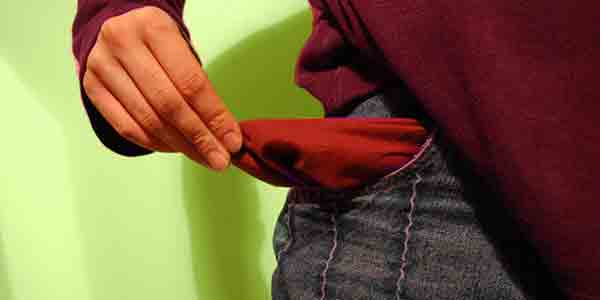It’s quite difficult to discharge personal student loans through bankruptcy. As students are aware of the fact that credit card debts can be discharged in bankruptcy, many of them believe that it is also possible to ditch their student loan debts in bankruptcy. Yes, it’s possible but unless you manage properly, the obligation can carry forward for a long time after you complete your graduation. Then it will be more tough for you to handle the student debt load along with other debts. However, there are some exceptions student can follow to discharge student loans in bankruptcy.
Show your financial hardship to the Bankruptcy Court
You should state that, you’re unable to pay the monthly obligations towards your student loans. If the payments are causing your family to suffer financially, then, debts may be discharged through bankruptcy. This is called an ‘undue hardship’. Though the test to determining the hardship can vary court to court.
You should pass the Brunner test
You need to file a motion with the court to explain your hardship to the judge in order to file an undue hardship. Then you need to pass the Brunner test. You need to meet 3 of these criteria in order to prove the undue hardship:
- You’re unable to maintain the minimum standard of living and thus can’t repay your student loans as your present income is low.
- Your bad financial situation will be continued for an uncertain period of time.
- You’ve tried honest efforts to repay the loans.
Though it’s quite tough to prove all these conditions to establish financial hardship. But those who are physically unable to work or the financial condition is almost impossible to improve in near future can pass the test easily. The process becomes more tough with the revised Bankruptcy Abuse Prevention and Consumer Protection Act in 2005.
What if your student loans are not discharged
Chapter 13 bankruptcy is a good choice in order to consolidate personal student loans with other debts if you failed to show undue financial hardship.
Chapter 13 bankruptcy will give you some ways to repay your student loan debts throughout 3-5 years. Moreover, once you file bankruptcy, collection calls will stop harassing you. You can easily lower the monthly payments. However, you need to have a stable income with disposable income.
Final words
Above all, all students should try to manage their personal finances in order to boost their credit score and remain creditworthy. Make your personal student loan payments on time so that you can avoid hassles.













